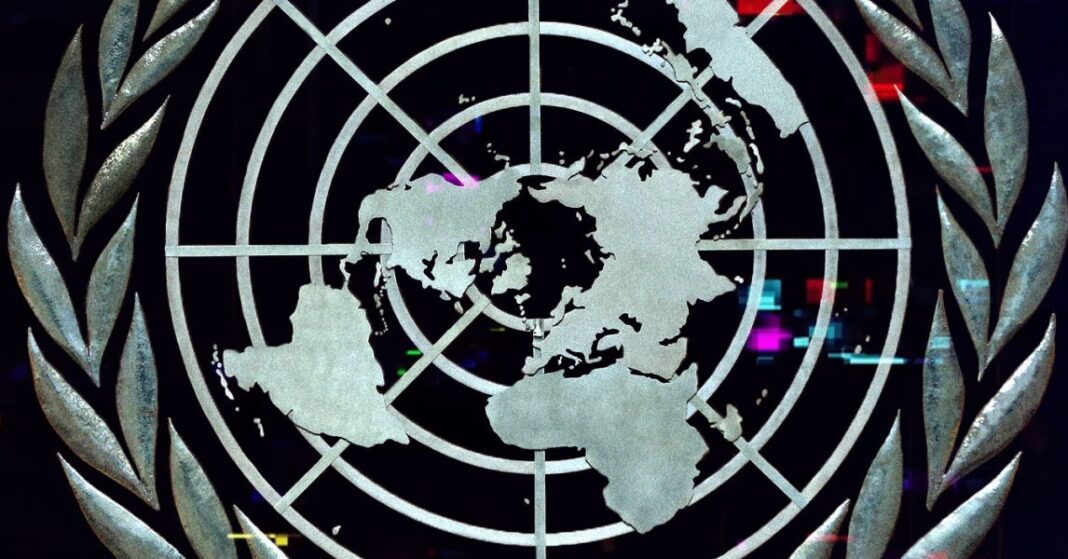In Short:
A UN report suggests creating a global body to monitor and govern artificial intelligence (AI), similar to the climate change panel. It aims to help poorer nations benefit from AI, propose policy discussions among member countries, and establish an AI fund for projects. With rising AI risks, the report reflects the urgency for regulation as major powers like the US and China compete in this field.
A United Nations report, released today, advocates for the establishment of an international body to oversee the first comprehensive global initiative for monitoring and governing artificial intelligence.
The report, developed by the UN Secretary General’s High Level Advisory Body on AI, recommends the formation of an entity similar to the Intergovernmental Panel on Climate Change. This body would gather current information on AI and assess associated risks.
Policy Dialog and Empowerment for Emerging Nations
The report emphasizes the need for a new policy dialog surrounding AI, enabling the UN’s 193 member states to discuss risks and agree on actionable steps. Additionally, it advocates for empowering less affluent nations, particularly those in the global south, to not only benefit from AI technologies but also contribute to their governance. Key suggestions include the establishment of an AI fund to support projects in these regions, the development of AI standards and data-sharing systems, and the provision of resources such as training initiatives to aid nations in AI governance. Some recommendations can potentially be facilitated through the Global Digital Compact, an existing strategy aimed at bridging digital and data disparities among nations. Ultimately, the report proposes creating an AI office within the UN to coordinate ongoing efforts toward achieving these goals.
Global Perspective on AI Risks and Opportunities
“The international community recognizes both the risks and opportunities presented by AI,” states Alondra Nelson, a professor at the Institute for Advanced Study, who served on the UN advisory body at the recommendation of the White House and State Department.
The impressive capabilities exhibited by large language models and chatbots have ignited aspirations for a transformative impact on economic productivity. However, experts caution that the rapid development of AI may soon outpace control measures. In response to these concerns, numerous scientists and entrepreneurs signed a letter advocating for a six-month moratorium on AI development to evaluate the associated risks more thoroughly.
International Regulatory Efforts Amidst Geopolitical Rivalries
The UN’s proposals reflect a growing interest among global policymakers in regulating AI to mitigate potential risks. However, this effort emerges alongside major powers, particularly the United States and China, competing for leadership in a sector anticipated to yield substantial economic, scientific, and military advantages. Each nation is defining its unique vision for AI utilization and governance.
In March, the United States presented a resolution to the UN, urging member states to adopt the development of “safe, secure, and trustworthy AI.” In July, China introduced a corresponding resolution emphasizing collaborative efforts in AI development and its widespread availability. Every UN member state endorsed both resolutions.
“AI is a crucial aspect of US-China competition, so there are inherent limits to their potential agreements,” notes Joshua Meltzer, an expert at the Brookings Institution, a Washington, DC, think tank. He highlights key differences between the nations, including the values that should underlie AI and the protections concerning privacy and personal data.





